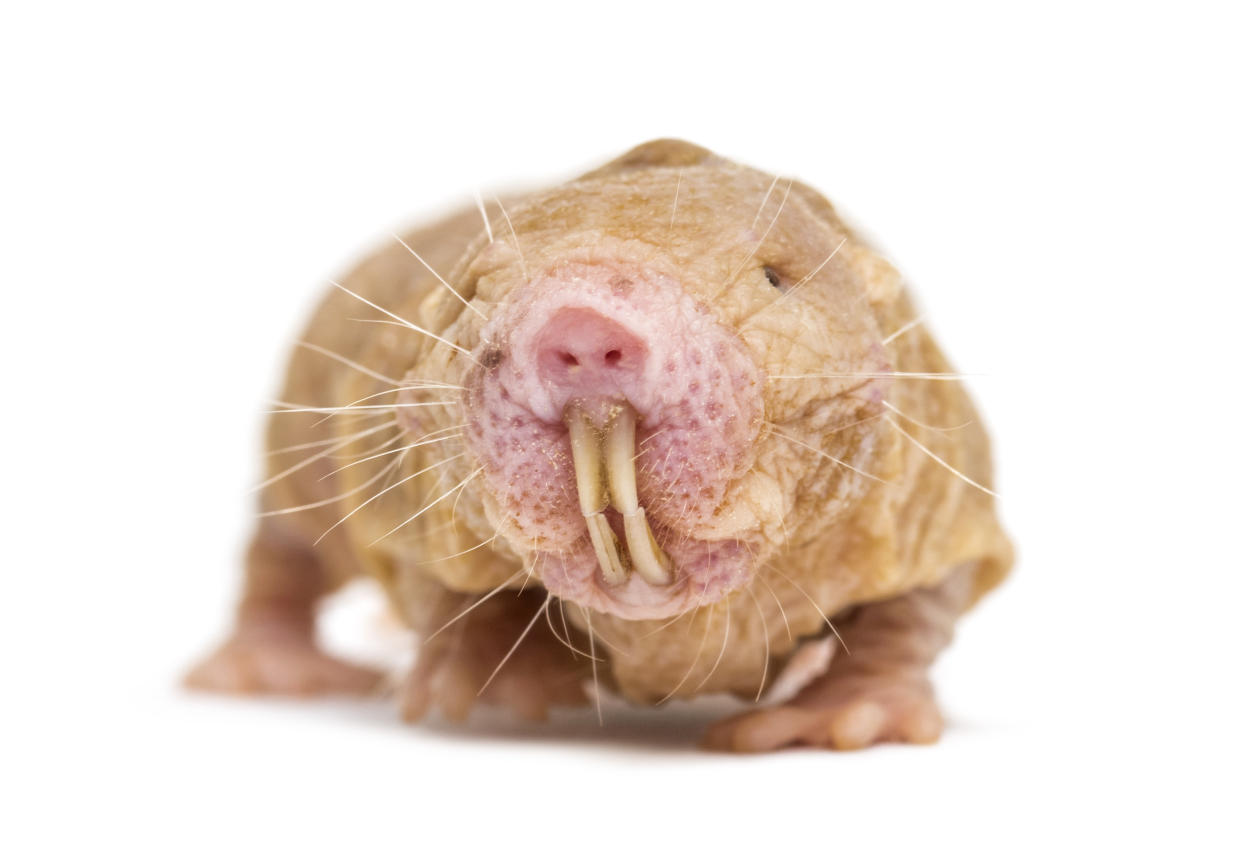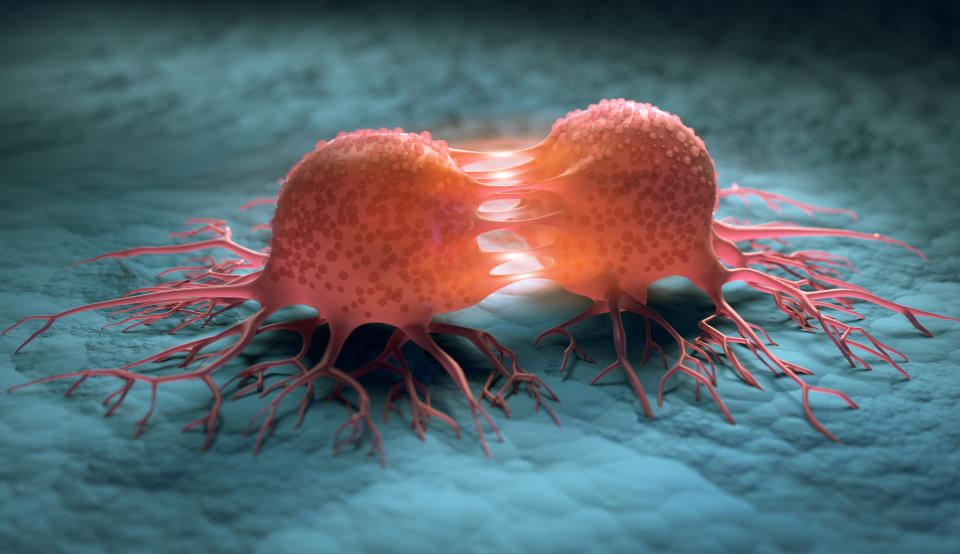Why naked mole rats are immune to cancer and how it could help treat patients

Naked mole rats are considered a medical marvel, with the unsightly creatures seemingly being immune to cancer, resistant to pain and capable of living without oxygen well beyond other animals.
Experts previously thought the healthy cells of a naked mole rat were unable to turn cancerous.
A team at the University of Cambridge has discovered, however, malignant cells can develop but the animal’s unique immune system prevents them from taking hold.
Read more: BBC newsreader George Alagiah reveals his bowel cancer has spread
Better understanding how this comes about may enable cancer researchers to create “interventions to prevent the disease in people”.
One in two people in the UK born after 1960 will be diagnosed with cancer at some point in their life.
In the UK, the lifetime risk is said to be one in two for males and one in three for females.
Among captive naked mole rats, which live up to 37 years, only a few cases of cancer have ever been spotted.
To learn more, the Cambridge scientists looked at 79 different cell lines; cultures of animal cells that can be “bred” repeatedly.
Read more: Cancer sufferer is ‘disease free’ thanks to ‘internal radiotherapy’
These were taken from five different tissues – intestine, kidney, pancreas, lung and skin – in 11 of the rodents.
The cells were infected with viruses that carried cancer causing genes. These genes are known to trigger the disease in other rodents, but were not expected to affect naked mole rats.
“To our surprise, the infected naked mole rat cells began to multiply and rapidly form colonies in the lab,” said lead author Fazal Hadi.
“We knew from this accelerated growth that they had become cancerous”.

Results – published in the journal Nature – revealed that when the cells were injected into mice, tumours formed within weeks.
From this, the scientists concluded a naked mole rat’s body prevents cancer from taking hold, rather than malignant cells never developing in the first place.
They believe the rodent’s cells and molecules, including its immune system, must be uniquely complex.
“The results were a surprise to us and have completely transformed our understanding of cancer resistance in naked mole-rats,” said study author Dr Walid Khaled.
“If we can understand what’s special about these animals’ immune systems and how they protect them from cancer, we may be able to develop interventions to prevent the disease in people”.
Read more: Coronavirus leaves 2.4 million Britons in ‘cancer care backlog’
Understanding the function of a naked mole rat’s immune system may be particularly interesting.
The immune system is known to help protect people from cancer. Immunotherapy, which stimulates the immune system to fight off the disease, is increasingly showing promise as a treatment.
“Cancer cells don’t exist in isolation in our bodies, they form part of a complex web of interacting cells and molecules that influence each other’s behaviour,’ said Dr Emily Armstrong from Cancer Research UK, which funded the paper.
“This study shows how critical the tumour microenvironment can be to the development of this disease.
“At Cancer Research UK, we’re continuing to invest in research to understand our bodies’ natural defences against cancer, which could reveal new ways to prevent the disease and help us to develop better treatments, such as immunotherapies”.



